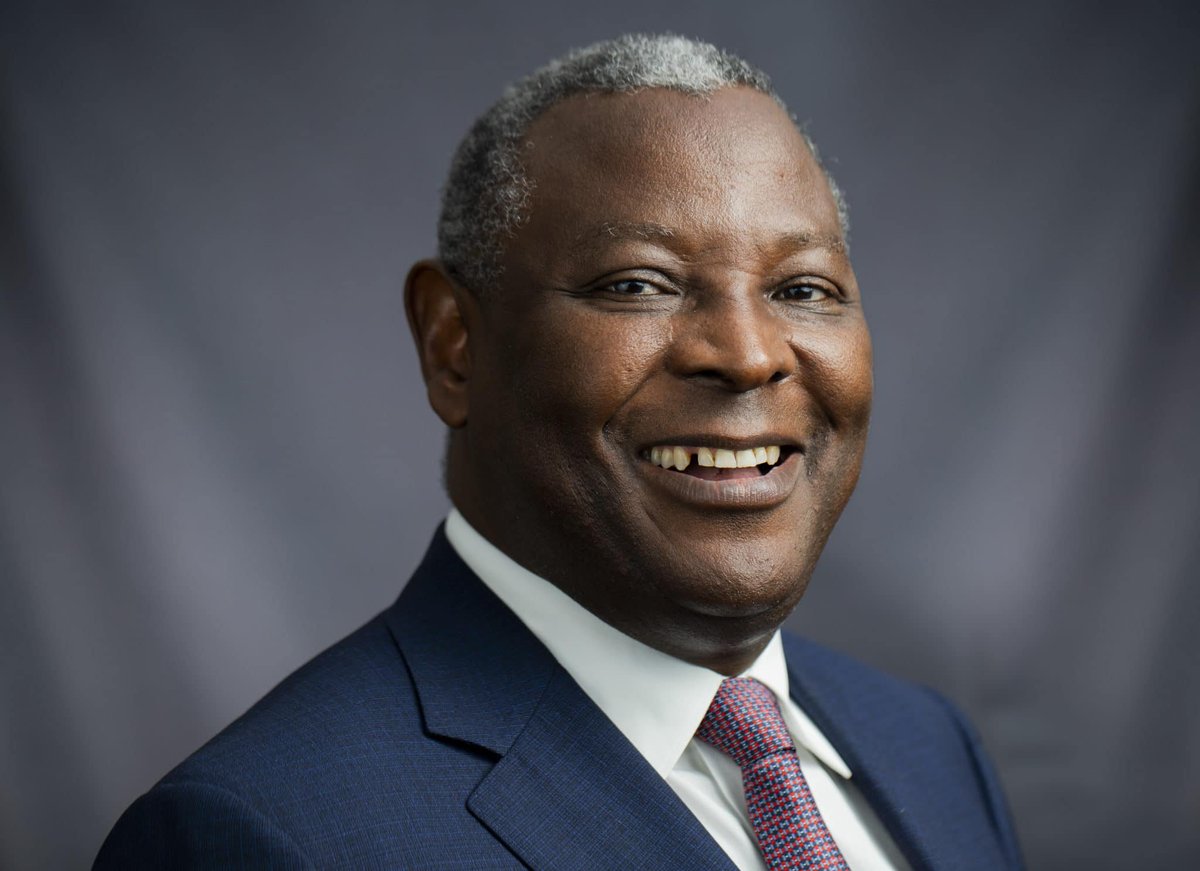#ThePeoplesBanker
Uneducated herself, Mwangi’s mother, an anchor throughout his life, was adamant & uncompromising about school. #ThePeoplesBanker
#ThePeoplesBanker
#ThePeoplesBanker
#ThePeoplesBanker
#ThePeoplesBanker
#ThePeoplesBanker
#ThePeoplesBanker
#ThePeoplesBanker
#ThePeoplesBanker
...and what a journey it has been!!

#ThePeoplesBanker
#ThePeoplesBanker
#ThePeoplesBanker
"We didn’t have money… the currency that created Equity was a passion to please the customer."
Can somebady say AMEN!
This is the customer service mantra we all need to inculcate!
#ThePeoplesBanker
Equity’s client accounts grew exponentially from 32,000, in 1997, to 482,000 by 2005.
WEWE NI MEMBER? Umenunua shares?
#ThePeoplesBanker
#ThePeoplesBanker
#ThePeoplesBanker
In 2020, three decades after Mwangi made his debut, the Equity Group boasted a market capitalization of KES128.1 billion (approx. $1.3 billion) 😅
#ThePeoplesBanker
#ThePeoplesBanker
#ThePeoplesBanker
#ThePeoplesBanker
#ThePeoplesBanker
#ThePeoplesBanker
#ThePeoplesBanker
Thank you for your model & thank you for your service.
#ThePeoplesBanker
1. Stick and focus on purpose, use essence to filter dos and don’ts.
2. Protect the public license. Society will never forget the side or position you took when you had the chance.
4. Adopt a shared prosperity model using social and impact investing.
5. . Adapt to ‘the new normal’. Covid-19 might have irreversibly changed your world.
7. . Focus on the opportunities of the fourth industrial revolution like digitization, big data, technology and innovation.
9. Preserve cash, liquidity, and capital reserves for the long haul.
10. It is all about people.
Fin.


